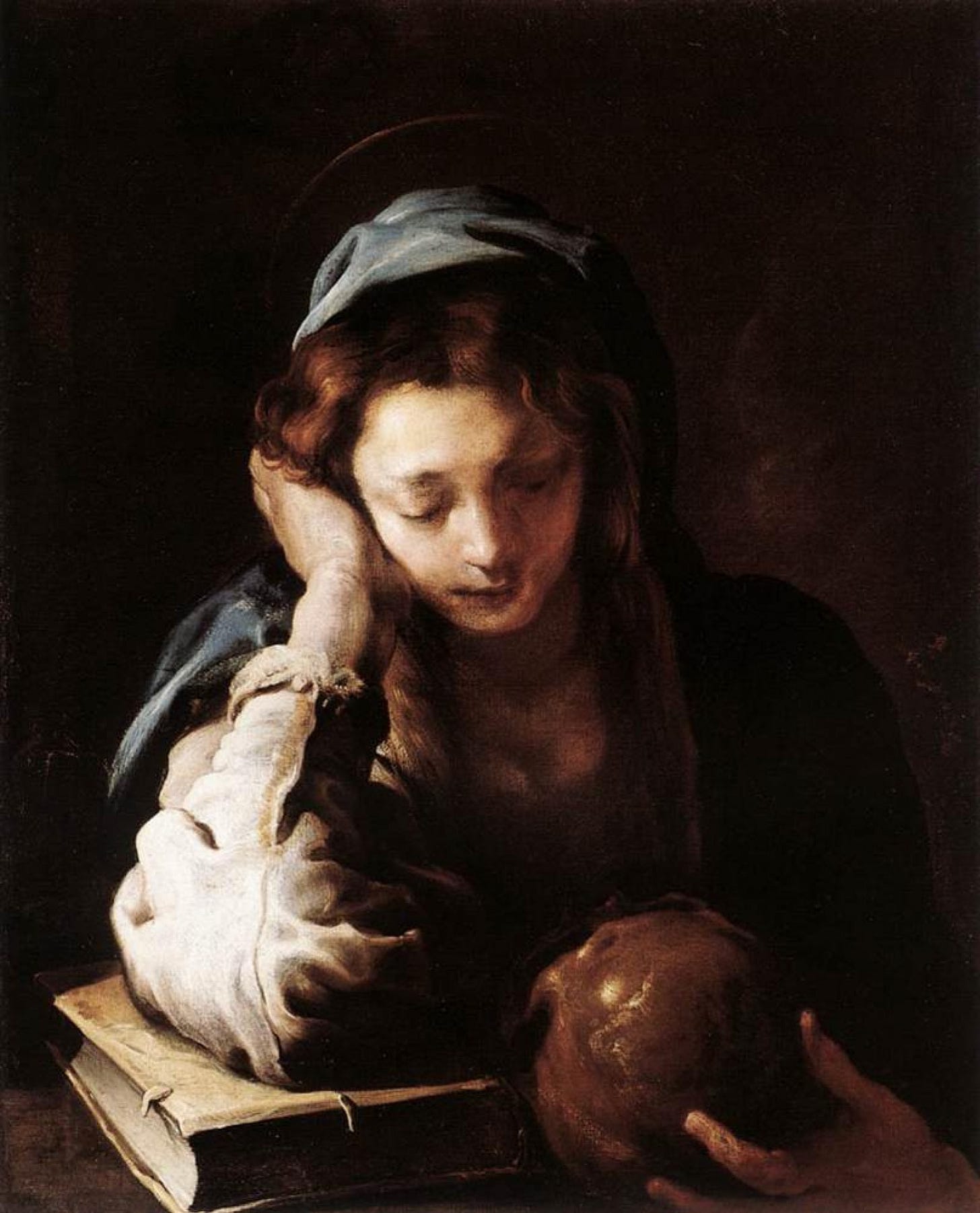St. Thérèse, On Gratitude —
Seeing several of my companions form special attachments to some on or other of our mistresses, I wished to follow their example but could not succeed therein. O happy inability! from how great evils has it saved me…How I thank God for having made me find only bitterness in the friendships of earth. With a heart such as mine I should have been captured and had my wings clipped; then how should I have been able to fly away and be at rest.
I understand well that our Lord knew I was too weak to be exposed to temptation; without doubt I should have been wholly destroyed had I been dazzled by the decietful glamor of the love of creatures; but never has it shone before my eyes. There, where strong souls find joy, and through fidelity detach themselves from it, I have found only affliction. Where then is my merit in not being given up to these fragile attachments, since it is only by a gracious effect of God’s mercy that I was preserved from it? Without Him, I recognize that I might have fallen as low as St. Magdalene; and that word of deep meaning spoke by the Divine master to Simon the Pharisee, re-echoes with great sweetness in my soul. yes, I know it: “To whom less if forgiven, he loveth less.” But I also know that Jesus has forgiven more to me than to St. Magdalene. Ah, how I wish I could express what I feel. Here at least is an example with will in some measure convey my thought.
Suppose the son of a skillful doctor is tripped by a stone in his path, which causes him to fall and fracture a limb. His father comes in haste, lifts him up lovingly and attends to his injuries, employing therein all the resources of his art; and the boy, very soon completely cured, testifies his gratitude. This child has certainly good reason to love so kind a father; but there is another supposition.
The father having learnt that here lies in his son’s way a dangerous stone, sets out beforehand and removes it unseen by anyone. His son, the object of his tender forethought, unaware of the misfortune from which he has been preserved by the father’s hand, will of course show no gratitude, and will love him less than if he had cured him of a grievous wound. But should he come to know all, will he not love him still more? Well — I am this child, the object of the preventing love of a Father Who sent His Son not to redeem the just but sinners. He wills that I should love Him because He has forgiven me, not much, but everything. Without waiting for me to love him much, like St. Mary Magdalen, He has made me to know how He had loved me with a preventing and ineffable love, in order the I may now love him even unto folly!

